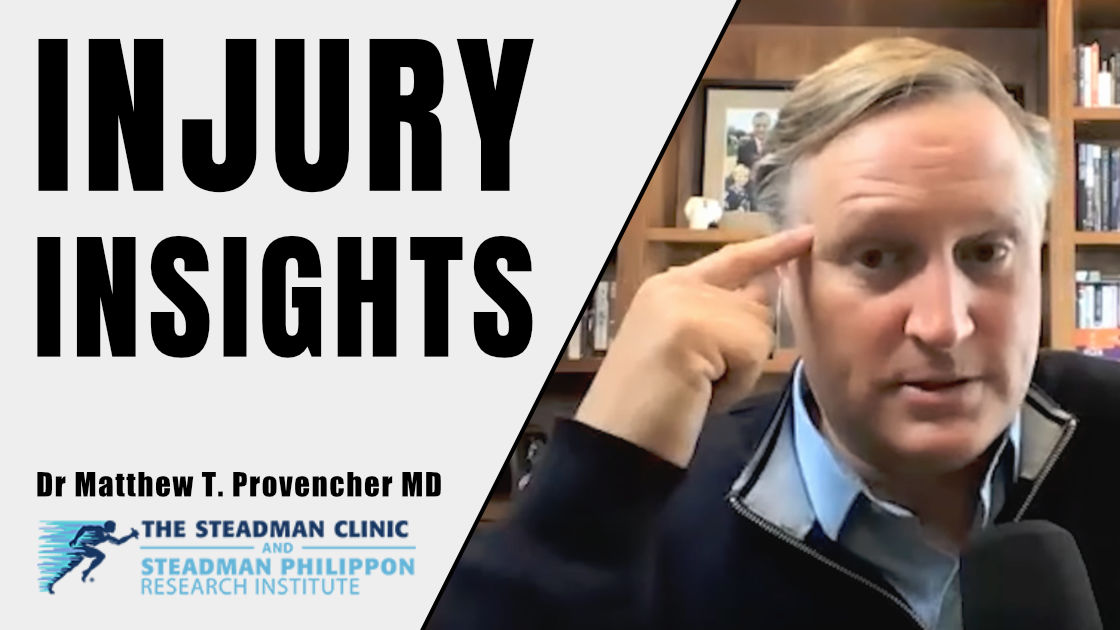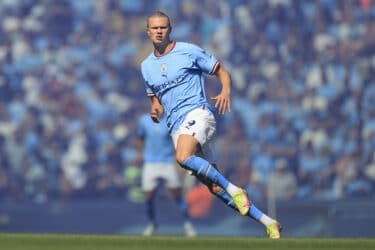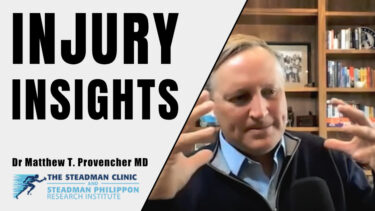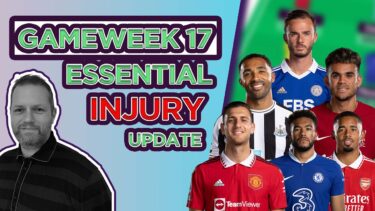

Armando Broja posted a social media update from his hospital bed on Wednesday, confirming he had undergone reconstructive knee surgery after rupturing his anterior cruciate ligament during a mid-season friendly earlier this month. The 21-year-old had admitted that he struggled to process the news when it initially happened, but ten days on, and Broja will ‘rest up’ before beginning the long road back to full fitness.
But have you ever wondered how recovery may differ from an amateur athlete to those performing at an elite level?
An audible pop, severe pain, rapid swelling, reduced motion, loneliness, desperation – all are symptoms of an ACL injury.
The final two, however, are far less commonplace in online medical journals. And the psychological impact of one of sport’s cruellest injuries is yet to enter mainstream cultural conversation.
Dr Matthew Provencher is fighting to change that. A world expert in the field of ACL injuries, the former New England Patriots physician has decades of experience as a researcher and orthopaedic surgeon.
Dr Provencher’s pioneering work at the Steadman Clinic in Vail, Colorado has used transformative psychological therapy techniques to aid athletes in their recoveries.
In conversation with Premier Injuries, he revealed the extent to which the mental impacts the physical when it comes to anterior cruciate ligament rehabilitation.
“The psychological aspect of injury cannot be overestimated.
“We know that there are certain athletes, even at the very highest level, who don’t have the ability to cope with an injury without some professional help. That’s where the sports psychologist come in.
“In our philosophy, you need to get the athlete in the locker room, around their colleagues and teammates. You don’t want them going out into town to do this stuff. All of that needs to be delivered at the facility to the highest standards. Certainly, in the NFL, it’s all in-house.
“It’s critical from a psychological standpoint to let them know that a lot of athletes have been through this and that it’s going to be okay. They are where they are because the know how to work hard and they have determination.
“But resiliency after injury is different. There are huge differences between pro athletes in terms of their resiliency. Even some of the most decorated navy seals and Premier League athletes, their resiliency to recover from injury is not as high as you would expect.
“But they do it. They get there. That’s why our psychological coaches are so important to take them to the next level and help them develop these resiliency tools mentally and physically to reach that point.
“Kinesiophobia is one of the things they feel. It’s that fear of doing that same movement, that same feint, that same hard left cut. They want to be able to do that. It’s what they have done their whole life. They want to be able to get back to that. However, it takes a while to get there.
“My good friend Kevin Wilk is a great therapist. He does a lot of work with baseball and the NFL. He talks about Kinesiophobia as a limiting factor, but they have some really cool ways to deal with it.
“Believe it or not, some of these ways are almost like Xbox-style methods. They are linked to computer games, like tapping on an interactive pad and getting them to progressively know that they are going to be okay.
“If you make it a game for them with a point scale, they love that. These athletes have been competitors their whole life. There are really cool ways to trick the mind and getting over Kinesiophobia.”
Dr Provencher spoke to Premier Injuries on a wide range of issues around ACL injuries and the advances in diagnosis, treatment and recovery. Watch the full 40-minute interview below.



